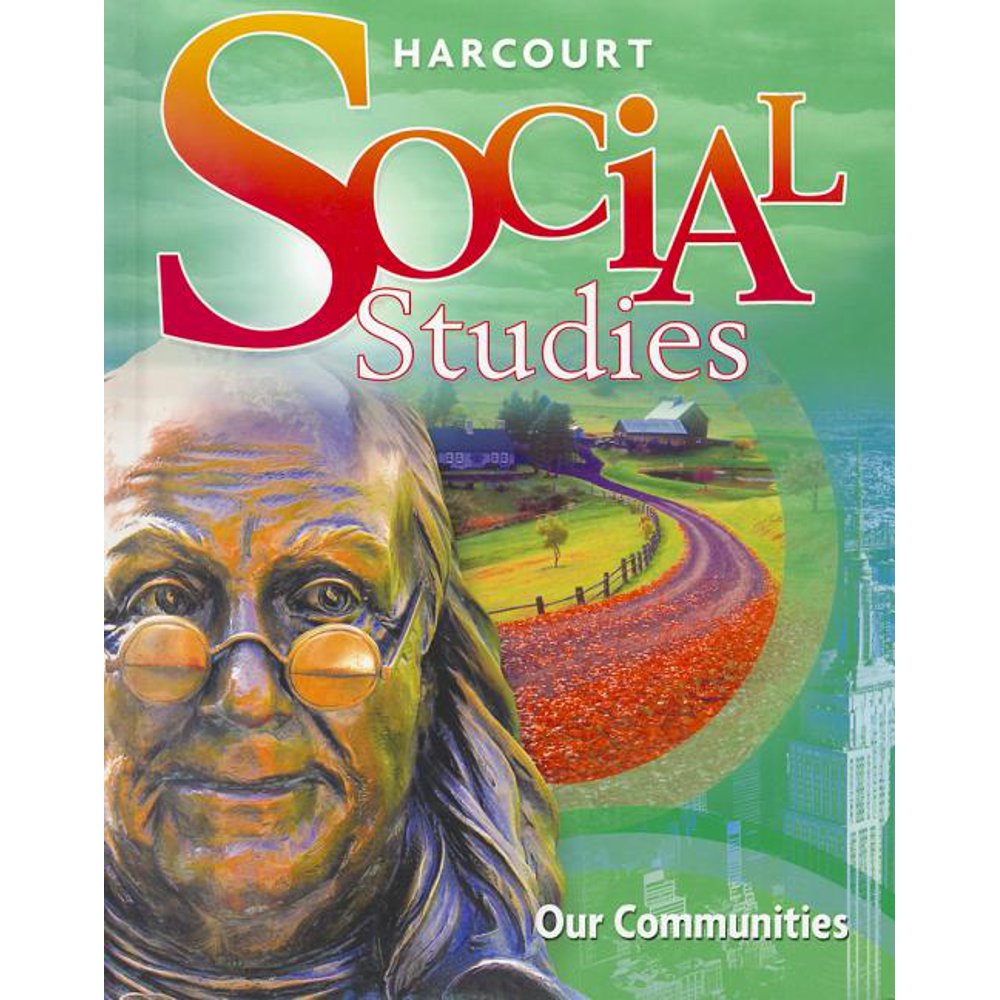
What is Social Studies?
Social studies is a broad field of study that explores various aspects of human society and its interactions. It encompasses subjects such as history, geography, economics, politics, anthropology, sociology, and psychology.
Social studies aim to help students develop a better understanding of the world around them, including how societies are organized, how people interact with each other, and how societies have changed over time. It also provides students with the knowledge and skills they need to be informed and active citizens who can contribute to their communities and make informed decisions about social and political issues.
What do students learn from Social Studies?
Students learn a wide range of concepts and skills from social studies, including:
History: Students learn about the past and how it has shaped the world we live in today. They learn about significant events, people, and places from different eras and cultures.
Geography: Students learn about the physical and human characteristics of the Earth’s surface. They learn about different regions, countries, and cultures, as well as the interactions between people and their environment.
Economics: Students learn about how goods and services are produced, distributed, and consumed. They also learn about the role of money, markets, and governments in the economy.
Politics and government: Students learn about the structures and functions of government at the local, state, and national levels. They also learn about the rights and responsibilities of citizens in a democracy.
Sociology and anthropology: Students learn about social structures, groups, and institutions, and how they shape human behavior. They also learn about cultural diversity and how to appreciate and respect differences among people.
Overall, social studies education is designed to help students become informed, active, and responsible citizens who are able to engage with the world around them in a thoughtful and meaningful way.

Courses (2)
In the field of Social studies, I have developed two courses.
Harcourt Social Studies G1 - G7

The Harcourt Social Studies textbook series provides students with a comprehensive and engaging curriculum that covers a wide range of topics related to social studies. Some of the features and benefits of the Harcourt Social Studies textbooks include:
Multi-disciplinary approach: The textbooks incorporate various disciplines, including history, geography, economics, and civics, to provide students with a broad and integrated understanding of social studies.
Rich content: The textbooks provide rich and varied content, including primary sources, maps, photographs, and illustrations, that help students engage with the material and deepen their understanding of the subject matter.
Skill development: The textbooks provide opportunities for students to develop a range of skills, including critical thinking, analysis, and communication, through a variety of activities and projects.
Differentiated instruction: The textbooks provide materials and resources that are differentiated to meet the needs of diverse learners, including English language learners and students with special needs.
Technology integration: The textbooks incorporate technology to enhance learning, including digital resources, online assessments, and interactive activities
Overall, the Harcourt Social Studies textbooks aim to help students develop a deep and meaningful understanding of social studies and prepare them to be informed and engaged citizens in a global society.
Exploring Our World - National Geographic

The National Geographic textbook “Exploring Our World” provides students with a comprehensive and engaging curriculum that covers a wide range of topics related to social studies. Some of the features and benefits of the textbook include:
Geographic literacy: The textbook emphasizes geographic literacy by exploring the physical and human geography of different regions of the world. Students learn about the natural environment, climate, landforms, and cultures of different regions.
Cultural understanding: The textbook emphasizes cultural understanding by highlighting the diversity of cultures around the world. Students learn about different languages, religions, customs, and traditions, and how these shape the identities and perspectives of people from different regions.
Inquiry-based learning: The textbook emphasizes inquiry-based learning by providing students with opportunities to ask questions, investigate, and draw conclusions about social studies concepts. Students learn how to think critically, analyze information, and make connections between different concepts.
Skill development: The textbook provides opportunities for students to develop a range of skills, including critical thinking, analysis, and communication, through a variety of activities and projects.
Technology integration: The textbook incorporates technology to enhance learning, including digital resources, online assessments, and interactive activities.
Overall, “Exploring Our World” aims to help students develop a deep and meaningful understanding of social studies and prepare them to be informed and engaged citizens in a global society.
The textbook’s focus on geographic literacy and cultural understanding makes it an excellent resource for students who want to explore the world around them and understand the complex connections between different regions and cultures.
